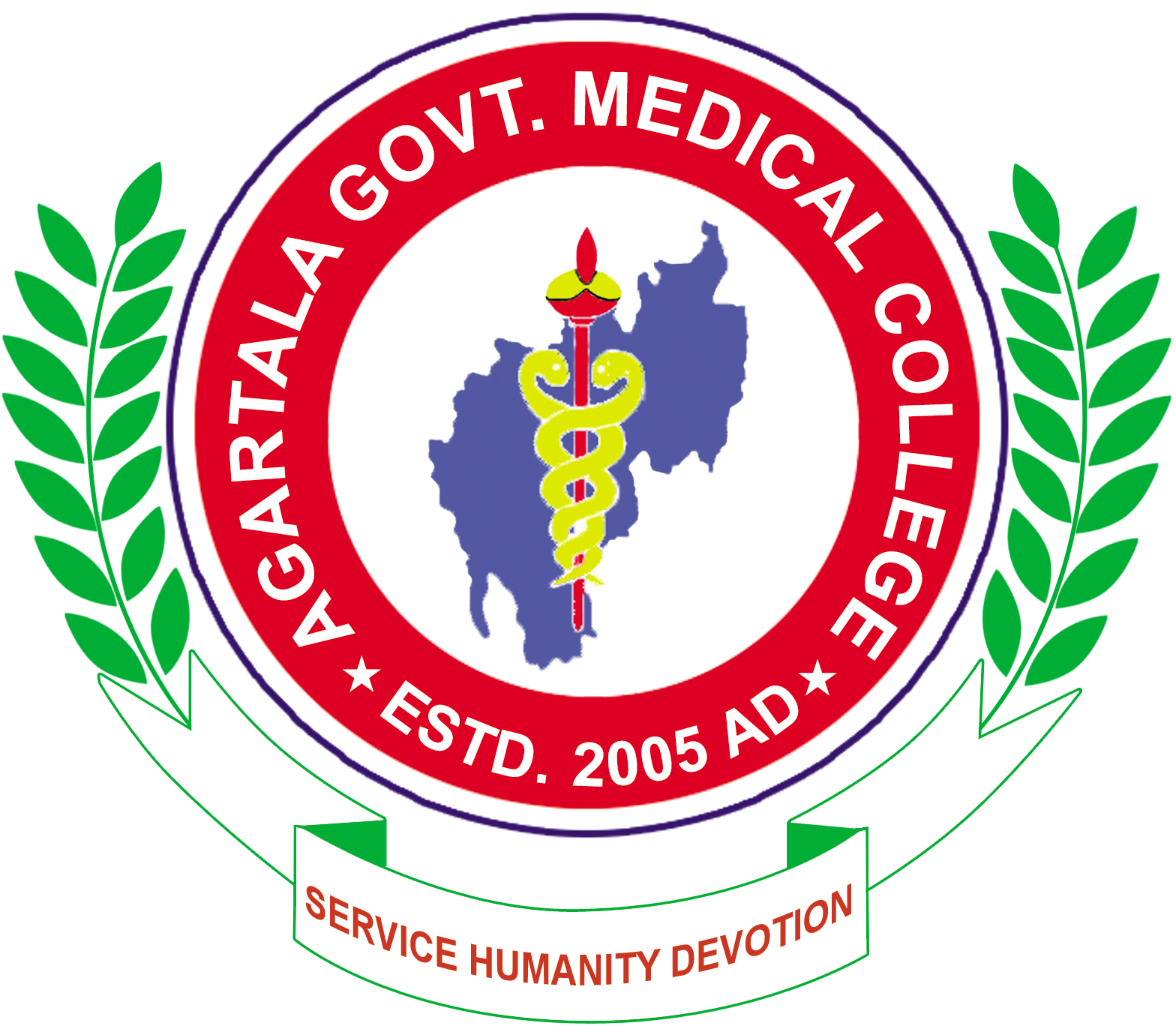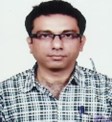Department of Microbiology
The Department of Microbiology at Agartala Government Medical College (AGMC) plays a pivotal role in understanding infectious diseases, immunology, and the complex interactions between humans and microorganisms. Below is an in-depth look at the department's activities and offerings:
1. Academic Curriculum:
The department offers a robust microbiology curriculum for both undergraduate (MBBS) and postgraduate students (MD Microbiology). Key areas of focus include:
- General Microbiology: Introduction to the microbial world, studying the structure, function, classification, and physiology of bacteria, viruses, fungi, and parasites.
- Immunology: Study of the immune system, including the mechanisms of immunity, hypersensitivity, and vaccine development.
- Bacteriology, Virology, and Mycology: Comprehensive study of bacteria, viruses, and fungi that cause infectious diseases, along with diagnostic techniques.
- Parasitology: Focuses on the study of parasites and the diseases they cause, including their life cycles, transmission, and treatment.
- Clinical Microbiology: Application of microbiological knowledge in clinical diagnostics, including culture techniques, molecular diagnostics, and antimicrobial susceptibility testing.
2. Laboratories and Diagnostic Services:
The department has several well-equipped laboratories for teaching, research, and diagnostic services:
- Bacteriology Lab: Provides bacterial culture and identification services, along with antibiotic sensitivity testing to aid in the treatment of infections.
- Virology Lab: Engages in viral diagnostics using methods like polymerase chain reaction (PCR) and enzyme-linked immunosorbent assay (ELISA).
- Immunology Lab: Specializes in detecting immune responses, including tests for autoimmune disorders and infectious diseases.
- Molecular Microbiology Lab: Focuses on advanced diagnostic techniques such as gene sequencing and real-time PCR for pathogen identification.
- Parasitology and Mycology Labs: Perform diagnostic tests on parasitic and fungal infections using microscopy and culture techniques.
3. Faculty:
The department is led by a team of experienced microbiologists who are actively involved in teaching, clinical diagnostics, and research. They guide students through the academic and practical aspects of microbiology and mentor them in their research endeavors.
4. Workshops, Seminars, and Conferences:
The department organizes regular academic events, such as:
- Workshops on Diagnostic Techniques: Focusing on modern tools like PCR, immunofluorescence, and advanced culture methods.
- Seminars on Emerging Infections: Addressing global and local outbreaks like COVID-19, tuberculosis, and drug-resistant infections.
- Immunology Conferences: Discussing advances in vaccines, immune therapies, and disease prevention strategies.
5. Facilities and Resources:
- Lecture Halls: Equipped with modern multimedia facilities for interactive learning.
- Clinical Diagnostic Laboratories: Where students and professionals conduct diagnostic tests for patient samples, offering practical exposure to real-world microbiology cases.
- Research Labs: Designed for high-end research in areas like microbial genetics, antimicrobial resistance, and pathogen-host interactions.
- Library Access: The department offers access to a vast collection of textbooks, research papers, and online resources in microbiology and allied fields.
6. Research and Publications:
The department actively participates in research focusing on:
- Antimicrobial resistance and new treatment strategies.
- Vaccine research and immunization programs.
- Study of emerging infectious diseases and outbreak management.
- Microbial genetics and molecular techniques in pathogen identification. Faculty and students regularly publish their findings in reputed national and international journals.
7. Student Involvement:
- Hands-on Training: Students receive practical training in microbial culture, identification, and sensitivity testing, gaining insights into diagnostic microbiology.
- Research Projects: Both undergraduate and postgraduate students are encouraged to undertake research projects, often contributing to global and local health issues related to infectious diseases.
- Community Outreach: The department conducts health camps and public awareness programs focusing on infection prevention, hygiene, and immunization.
8. Collaborations:
The department collaborates with other medical institutions, government health departments, and international organizations to enhance research, diagnostics, and public health interventions, particularly in the context of infectious disease control.
9. Future Directions:
The Department of Microbiology at AGMC aims to:
- Expand research in molecular microbiology, antimicrobial resistance, and novel therapeutic strategies.
- Increase focus on infectious disease surveillance and control in collaboration with public health authorities.
- Develop specialized training programs in clinical microbiology and diagnostic techniques.












